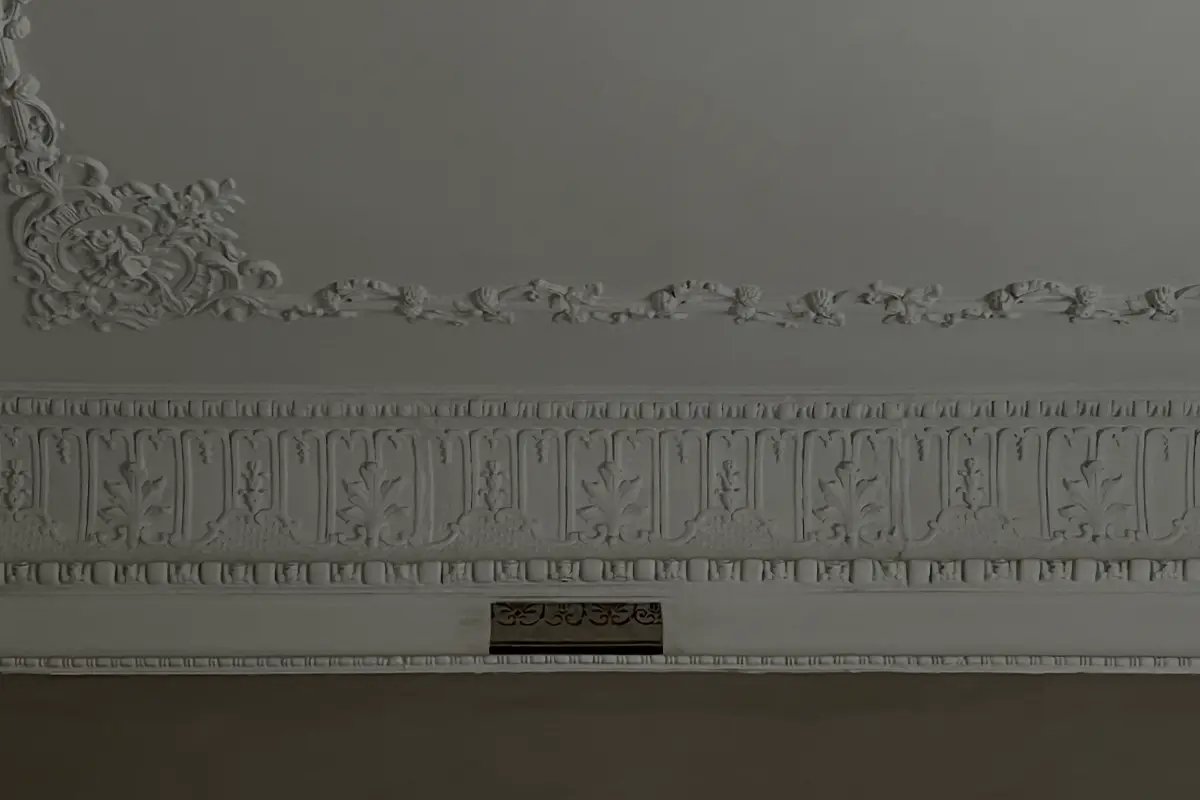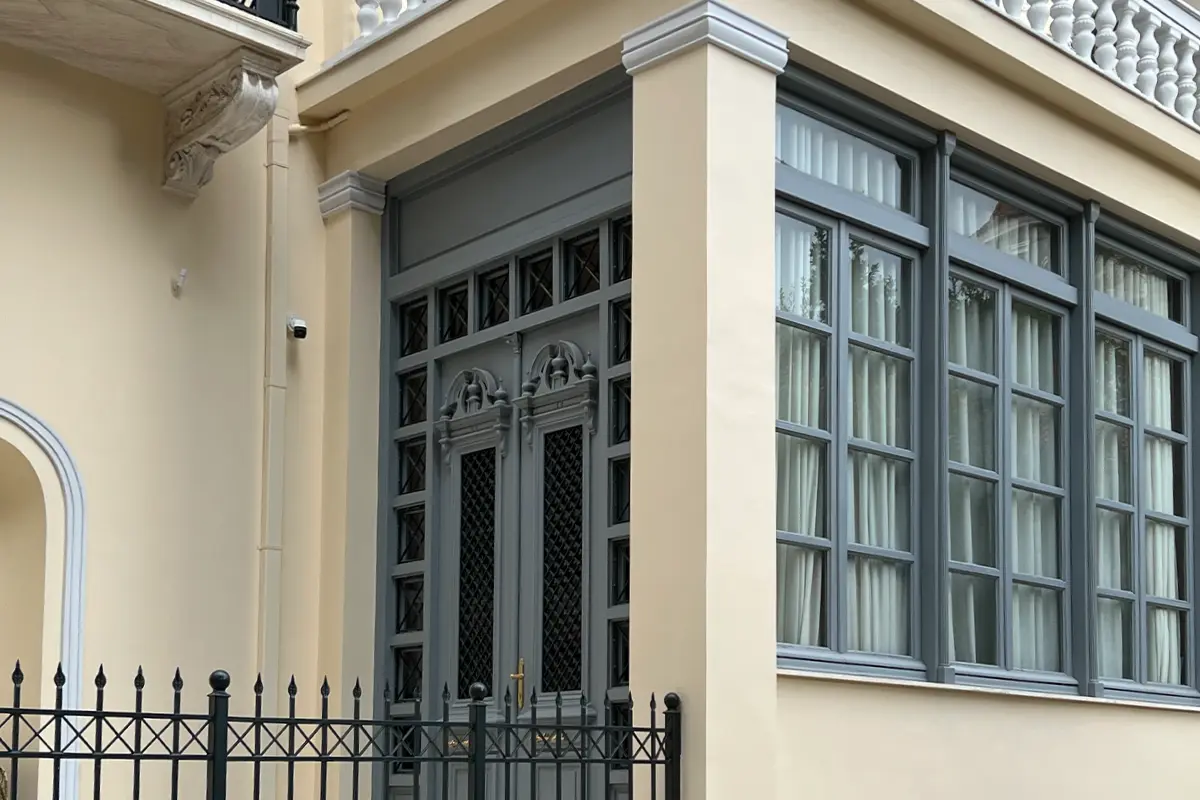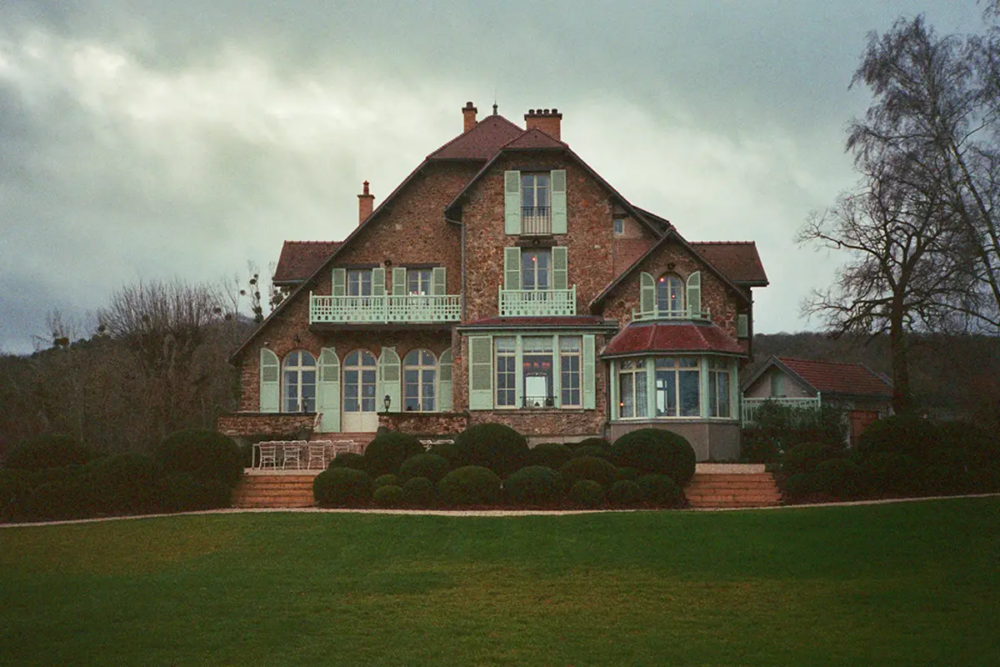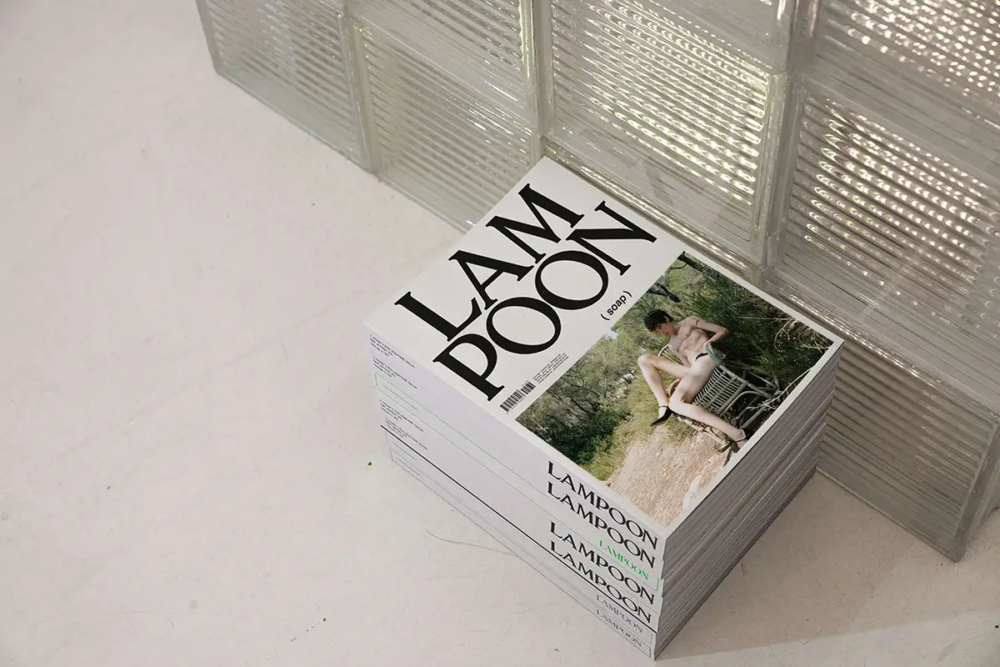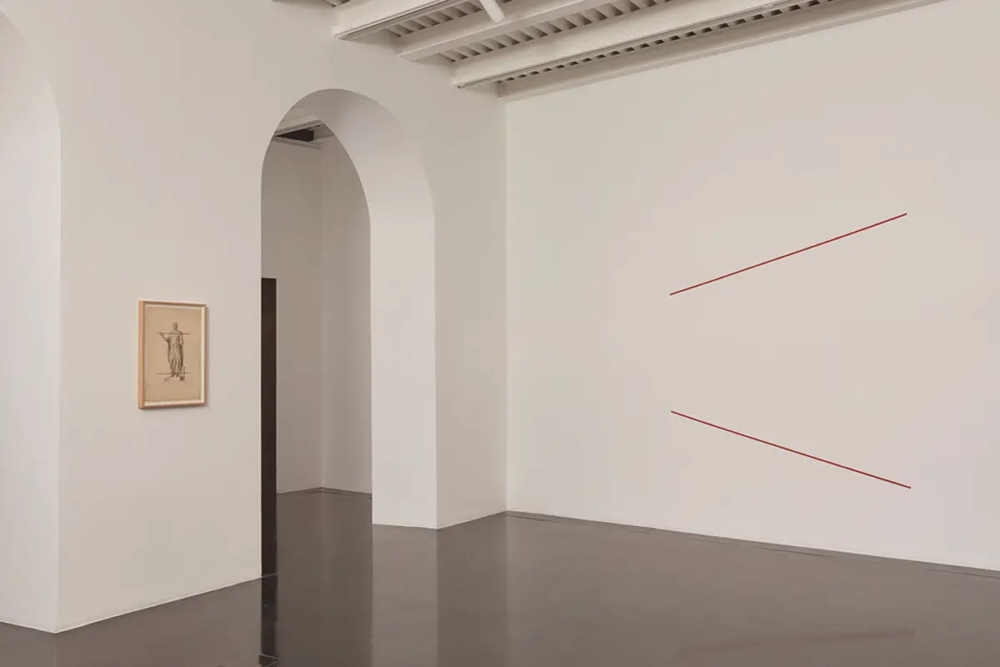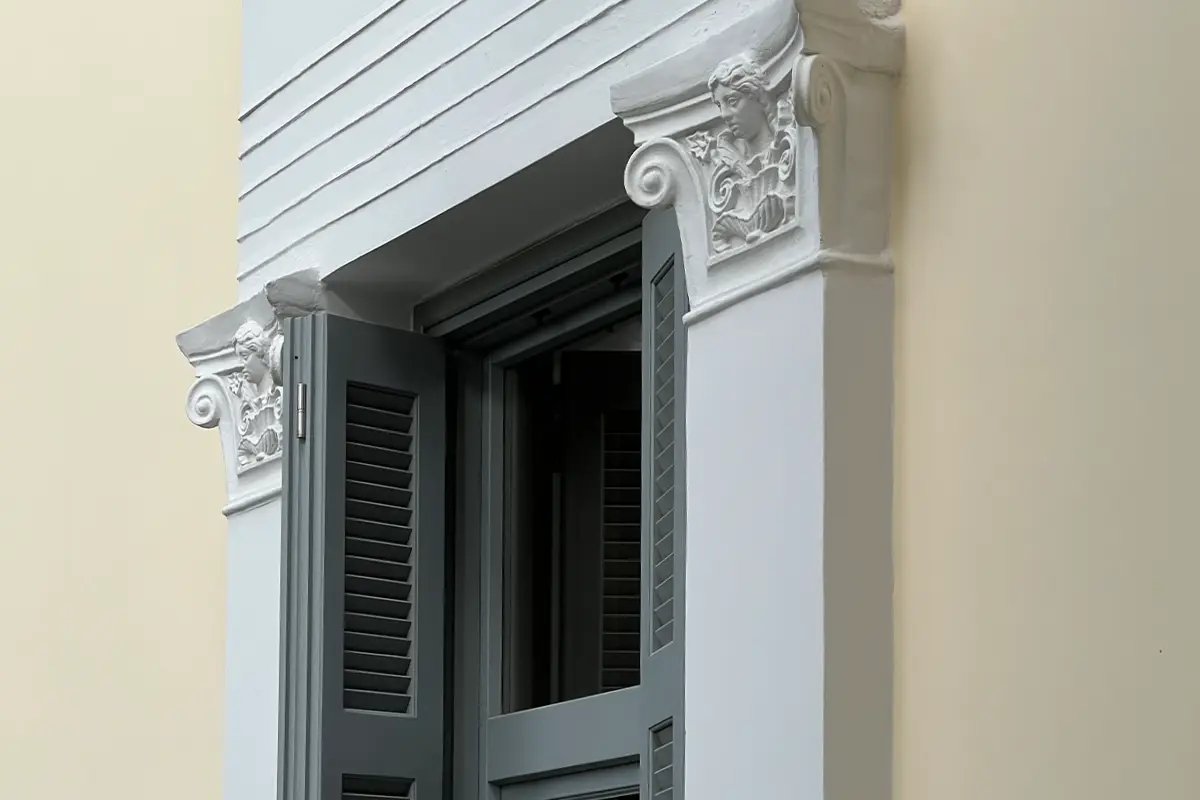
Ernst Ziller’s legacy: restoring Athens’ architectural heritage for the modern age
Exploring the creative pulse of Psiri, Athens’ Zeitgeist district, through the Monument Hotel Athens – arising from the restoration of a building by Ziller from 1881
Athens is experiencing a resurgence in creativity
Since 2017, Athens has emerged as a global destination for contemporary art, spurred by the presence of Documenta 14, an art exhibition that chose the city as its venue that year. Additionally, the Stavros Niarchos Foundation Cultural Center, designed by renowned architect Renzo Piano, has played a significant role in reshaping Athens’ public space. The Center, which houses the National Library of Greece and the National Opera House, has received accolades for its commitment to environmental sustainability. Some liken Athens to a new Berlin, while others view it as the product of a successful rebranding effort. What is certain is that compared to a decade ago, Athens is experiencing a resurgence in creativity, which had been stifled by the economic and political challenges facing Greece.
While Athens retains its rich classical artistic heritage, its contemporary cultural scene is thriving. Fueled by a vibrant modern artistic community, acclaimed gastronomic venues, and hotels boasting innovative architecture, the city confidently embraces the future. Neighborhoods such as Exarhia, Metaxourgeio, and Koukaki have transformed into creative hubs, fostering new economic activities, innovative employment models, and innovative land-use practices. Street art has become a prominent form of expression, reflecting the diverse facets of society. Psiri and Anafiotika are adorned with murals, graffiti, and stencils, showcasing the city’s artistic vibrancy and attracting talents from around the world.
Psiri neighborhood: the narrative of urban transformation and community evolution
Psiri, initially a bustling commercial district, has undergone various transformations, mirroring the city’s ups and downs. During the nineteenth century, it thrived as a hub of commerce and industry, housing artisanal shops and workshops, which contributed to its economic growth due to its proximity to the central market. In the nineties, urban revitalization breathed new life into the neighborhood, attracting a new wave of residents and reshaping its identity with the emergence of chic cafes reminiscent of Parisian style. Today, Psiri is renowned for its vibrant nightlife, blending ancient charm with modern flair, evident in its cobblestone streets and vibrant graffiti, embodying a microcosm constantly evolving in pursuit of a delicate balance between modernity and the preservation of Athens’ rich history.
Monument Hotel Athens
Immersed in the narrative of urban transformation and community evolution, Monument Hotel Athens is a gateway to a dimension of tranquility and elegance, akin to a private residence. Situated in the Psiri district of Athens at 11 Kalamida Street, this boutique hotel was inaugurated in April 2023. It boasts nine rooms, a communal hall and dining area, and a private wellness center on the lower floor, complete with a sauna, hammam, and treatment room. Recognized for its historical significance, the property has been designated as a Listed Building by the Ministry of the Environment and honored as a Piece of Art and Modern Monument by the Ministry of Culture.
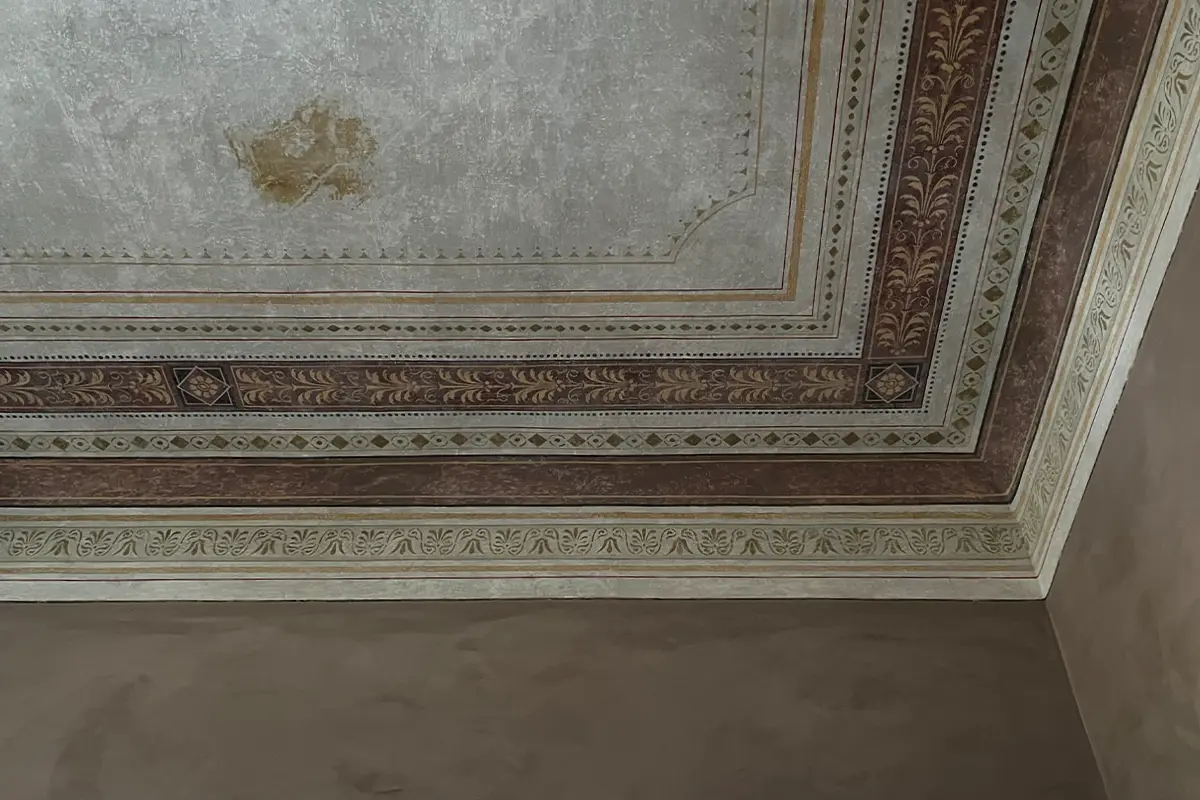
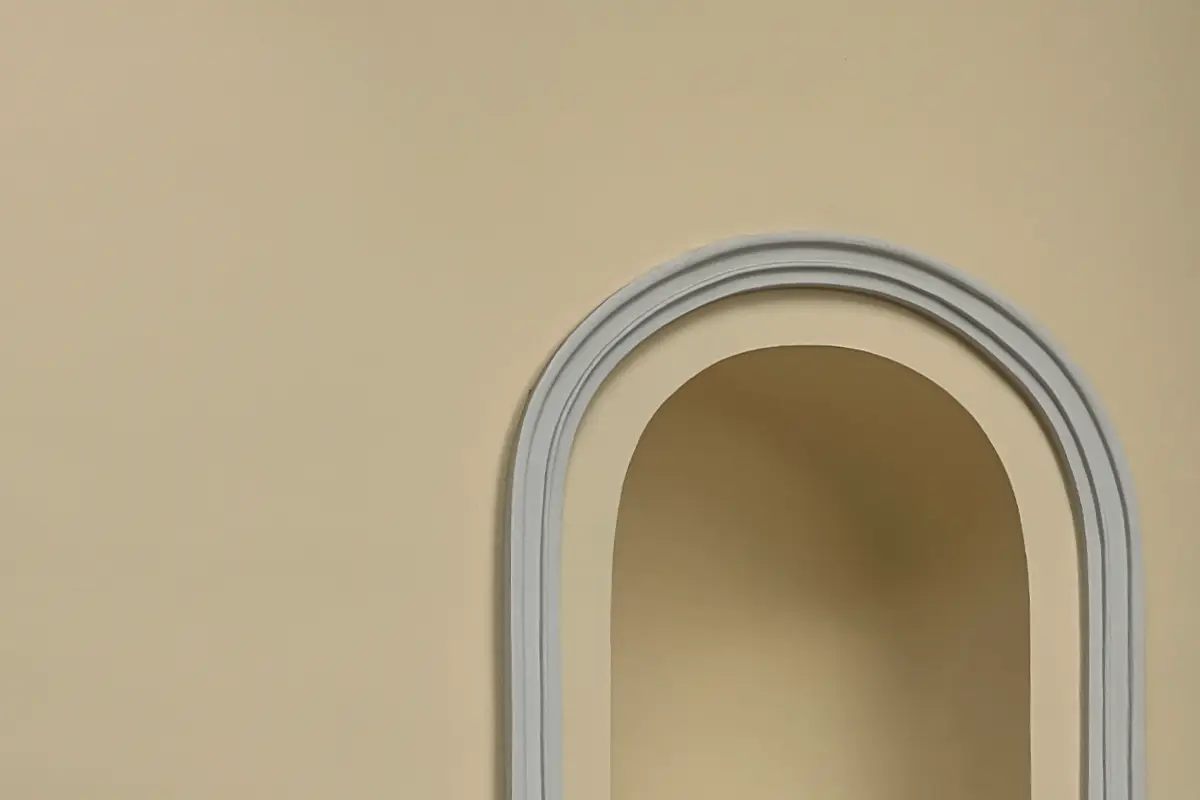
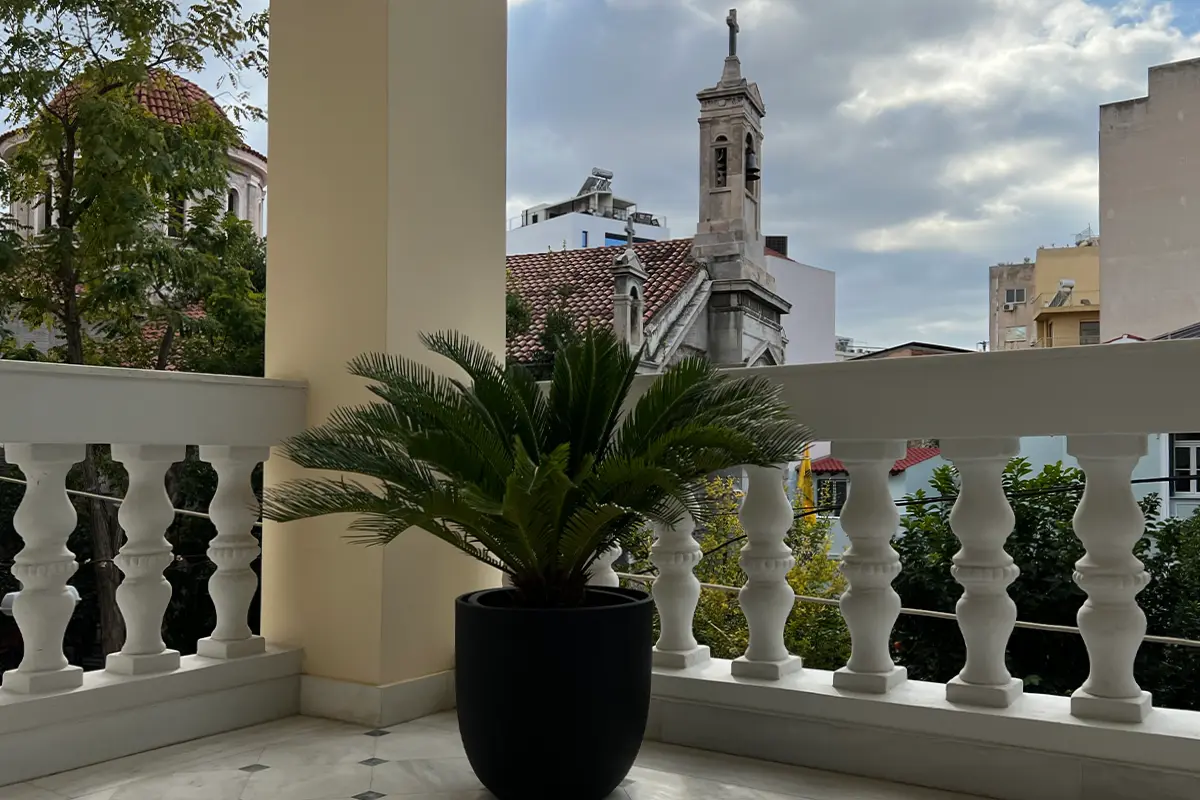
Monument Hotel Athens, arising from the restoration of a historical building
The historic Greek structure, originally erected in 1881 by the German-born architect Ernst Ziller, stands as a testament to his prolific career, which spanned over 500 buildings across Greece, including notable landmarks such as the presidential residence and the National Archaeological Museum. Restoring this architectural gem into a contemporary hotel was entrusted to the local architecture studio MPlusM. Under the guidance of owner Grigoris Tolkas, the team of architects and master restorers meticulously preserved the building’s original features and grandeur while undertaking the delicate restoration of frescoes, decorative plaster details, and balconies.
The nine rooms of the hotel blend modern and neo-classical tastes, with ceiling frescoes, paneling, artisanal beds, and Scandinavian designer furniture like GUBI and WOUD. The Muse suite also extends outside with a veranda overlooking the church of Agios Dimitrios. Nidus boasts a terrace and a private rooftop Jacuzzi with views of the Acropolis. The hotel’s lower floor houses the spa.
Ernst Ziller, the “Master of columns of Athens”
Ernst Ziller – known as the Master of Columns of Athens (born on June 22, 1837, in Serkowitz and died on November 4, 1923, in Athens), with over 500 private and public buildings constructed between 1870 and 1914, significantly influenced the historicist architecture of late 19th-century Greece. Most notably active in Athens, he played a pivotal role in the city’s transformation into a burgeoning capital representative of European modernity, blending elements of Greek classicism with North Italian Renaissance and Byzantine architectural styles. His architectural legacy, initially overlooked, gained recognition in the 1940s with the publication of Hans Hermann Russack’s seminal work “Deutsche bauen in Athen” (German Architects in Athens).
However, it wasn’t until 1973, on the 50th anniversary of his death, that Ziller’s contributions were fully acknowledged, thanks to Dimitrios Papastamos’s monograph and subsequent research by Maro Kardamitsi-Adami of the National Technical University of Athens. Exhibitions, such as the one held in 2010 at the National Gallery of Athens, have further brought Ziller’s work to the public’s attention, solidifying his legacy as a pivotal figure in shaping Athens’ architectural landscape during the late 19th and early 20th centuries.

